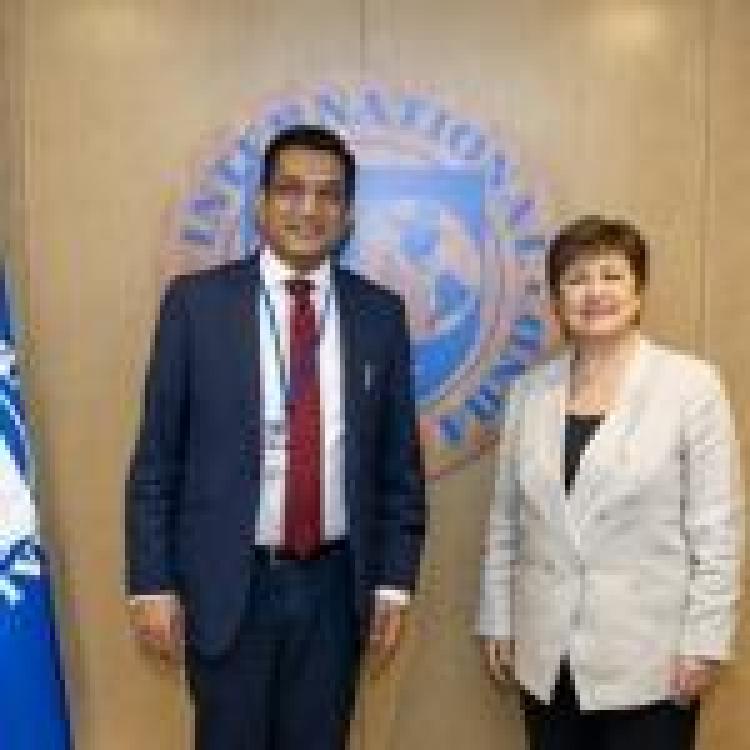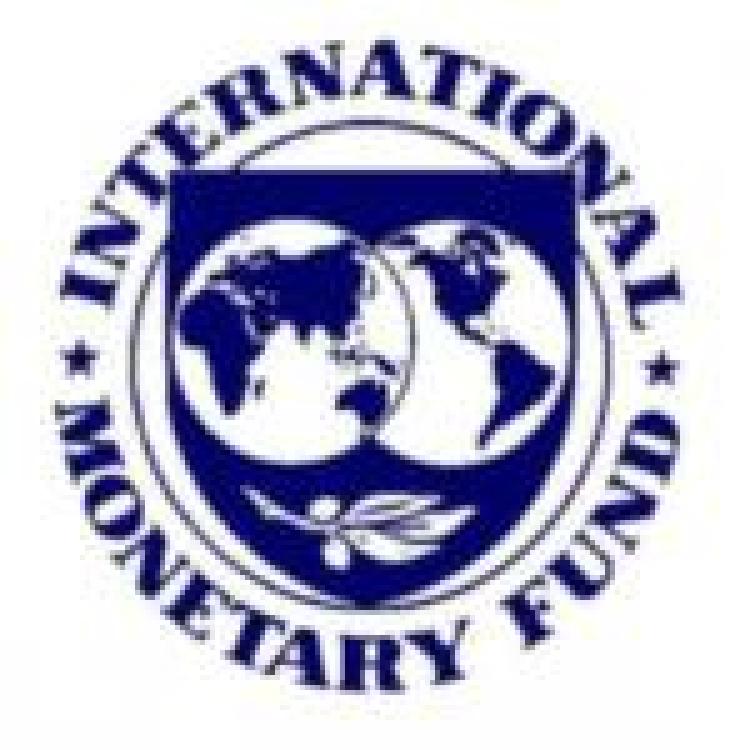![]()
Sri Lanka's Finance minister has announced his intent to increase the country's sales tax, after conceding the government made a mistake when It almost halved the rate of value-added tax to 8% in 2019.
Ali Sabry, who is also the acting justice minister, told the BBC in a recent interview that he has no notice but to raise the country's sales tax in order to try and bridge the gap between revenue and expenditure.
"We have to increase the taxes. We need to find a way to bridge the revenue gap and expenditure which we have," he said.
He added that the current level of VAT is "definitely not sustainable" for a country like Sri Lanka that is dependent on the imports of essentials and said the rate should be raised to 13% or 14%.
He also admitted that a move to cut taxes in 2019 soon after Gotabaya Rajapaksa became president was wrong, adding that the government had waited too long before calling on the IMF for help.
Sabry noted that the island needs USD $4 billion over the next eight months to pay for imports of basic daily essentials. Sabry - who is leading negotiations with the IMF as well as other lenders such as India and China - said rising taxes was just one of the difficult decisions he would have to make as talks continue over the bailout deal.
When asked when the country could expect to begin repayments Sabry stated it was difficult for him to give a time but hoped that it would be between 6 months to one year.
"very, very difficult for me to give a timeline, I hope and pray that it is as soon as possible, probably six months one year down the line. But I don't know."
China is one of Sri Lanka's largest creditors and talks between the two countries may be tough after Beijing signalled its displeasure over Colombo approaching the IMF for help.
Last week, China's ambassador to Sri Lanka, Qi Zhenhong, said "China did its best to help Sri Lanka not to default but the government chose "to go to the IMF on short notice has unavoidably had some impact on the current discussions."
Successful negotiations with China are crucial for Sri Lanka.
"The ambassador for China in Sri Lanka had mentioned that it was not the most desired thing for the Sri Lanka to go for IMF. But on our part, we did not have a choice, we will explain to them and we will continue to discuss with them and they are a good friend of Sri Lanka for a long period of time," Sabry added.
Sri Lanka is set to receive USD $400m - $600m from the World Bank which Sabry said could be used for "cash transfers and building a social safety net for the vulnerable".
The coronavirus pandemic, rising energy prices, tax cuts and rapidly shrinking foreign currency reserves and government mismanagement and corruption have left Sri Lanka without enough dollars to pay for vital imports of fuel, food and medicine.
The capital Colombo has seen huge protests in recent weeks as the country has been hit by soaring inflation, shortages of essential goods and major power cuts.
Last week, many schools in the city were closed and several train stations deserted as teachers and train drivers joined mass walkouts as they called for the resignation of President Gotabaya Rajapaksa and his government.
Hundreds of workers from Sri Lankan state-run banks also joined other bank trade unions in a protest march to the president's office as thousands of people took to the streets around the country.
Even as he leads negotiations to resolve Sri Lanka's economic crisis, Mr Sabry said he had no indication of when shortages of essential items will end:
"It all depends on how much of foreign currency inflows come to the country...So that all depends when the Sri Lankans decide to send their money through the proper channels, the banking channel."
Foreign currency reserves continue to dwindle with remittances falling to USD $318 million in March, almost half the level seen last year.
As protests swell in the south spurred on by the current economic crisis, protests across the Tamil homeland in the northeast have been relatively quiet. Tamils have been calling for the abolition of Sri Lanka’s Prevention of Terrorism Act (PTA), demilitarisation of the North-East, the release of Tamil political prisoners and an international justice and accountability mechanism. Alongside this, some protestors have demanded a new federal constitution for Sri Lanka which devolved power to the North-East.
Read more at the BBC



